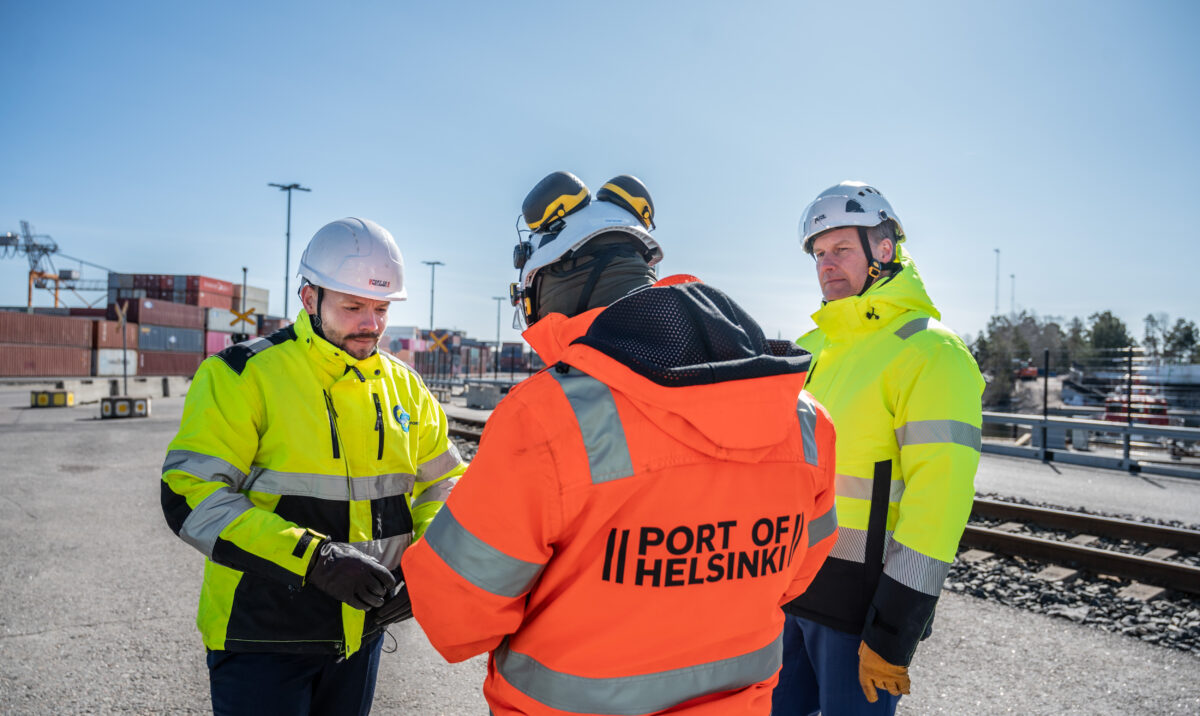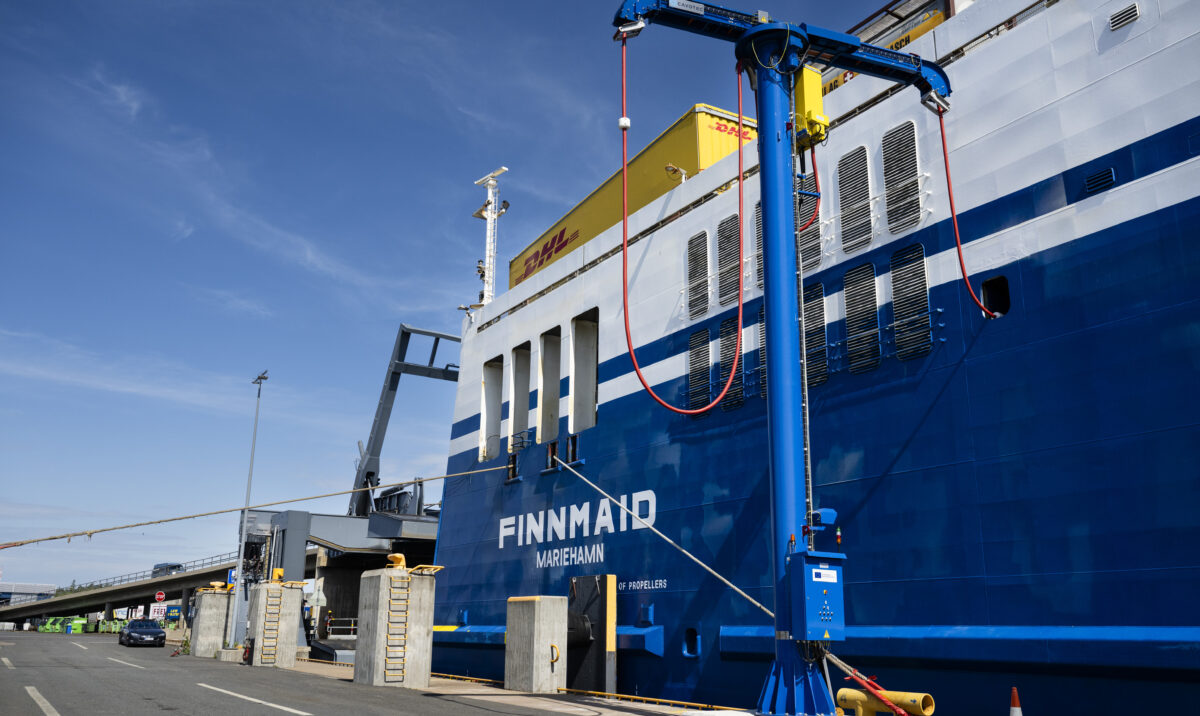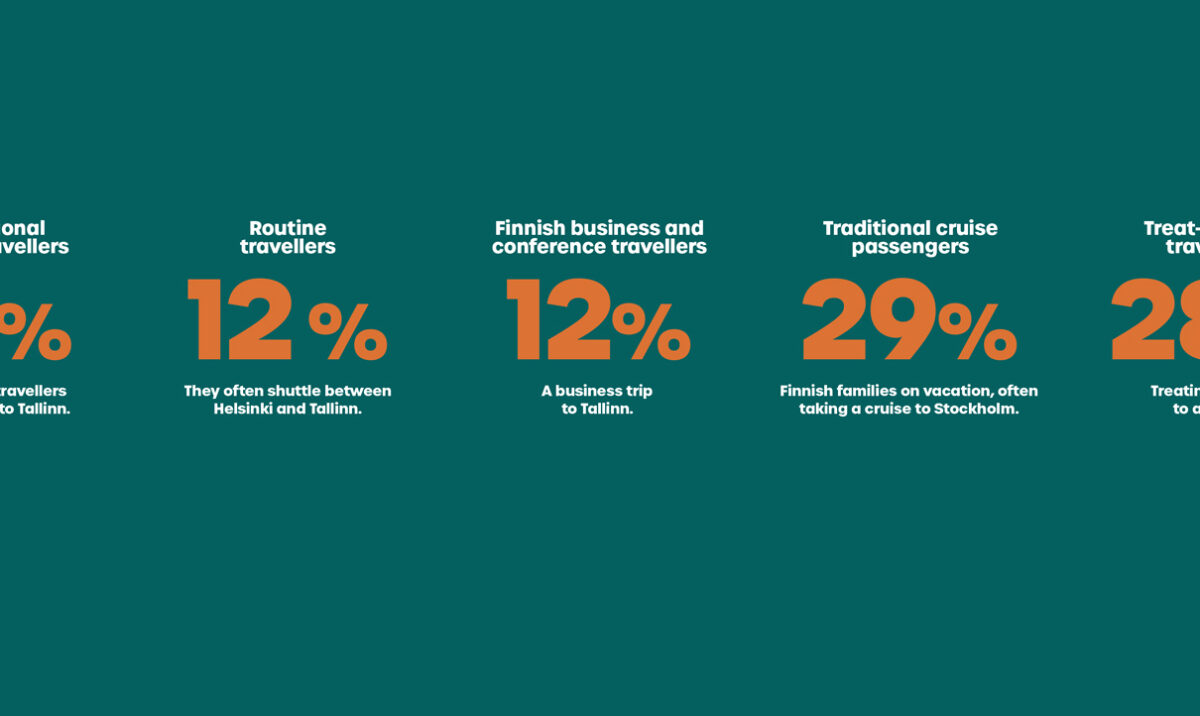
What happens if Trump follows through on his tariff threats?
The Republican representative, Donald Trump, won the US presidential election. He has threatened China with 60 per cent customs tariffs and other countries with 10–20 per cent.
“If tariffs are imposed, we will be in a better situation than China, but in a worse position than US producers. However, the EU would certainly respond to any tariffs,” says economist Heidi Schauman, Global Head of Research at Danske Bank.
Schauman sees a lot of good in the general economic outlook. The biggest problems that have been burdening the economy in recent years, such as high interest rates, inflation and weakened purchasing power, are now behind us.
Current concerns revolve around poor economic growth. Schauman says that while the US economy has done surprisingly well recently, things are not going so well in Europe, and in Germany in particular. Germany is one of Finland’s largest trading partners for both exports and imports, and the country’s economic woes are being reflected in Finland.
“Germany is facing a governmental crisis due to major structural problems in, for example, the automotive, chemical and energy industries,” says Schauman.
But the Finnish economy is not doing so well either. According to the International Monetary Fund’s statistics, Finland’s GDP growth last year (-0.2 per cent) has a global ranking of joint 10th worst place with Ireland. Faster economic growth can be seen in countries such as the United States (2.8), Denmark (1.9), Norway (1.5), Sweden (0.9) and even Germany (0.0). The IMF’s statistics do not include data for every single country.
Is a trade war possible?
Schauman points out that we don’t yet know what kind of policies the Republicans will be following in the United States. Tax breaks are likely, but nothing is certain when it comes to tariffs.
Schauman does not believe that tariffs would stunt trade between Europe and the United States. This is because the US has almost full employment, so large increases in production cannot be made. Europe also has production that the United States lacks.
“Europe mainly manufactures very demanding products for which there may not be an alternative supplier. So even if a 20 per cent tariff were to be placed on these products, Americans would still have to buy them.”
Schauman says that if the US were to impose tariffs on products, and the EU were to respond with equivalent duties, this would raise global prices and accelerate inflation.
What kind of impacts would tariffs have on Finnish companies?
Schauman thinks that if the US were to impose tariffs on the EU, it would have highly varying impacts on Finnish companies. Firstly, because it is not only goods that are exported from Finland to the United States, and tariffs would not apply to service exports.
Secondly, if the US were to impose tariffs, the US dollar would be stronger in relation to the euro and the exchange rate would soften the impact in Europe.
Schauman adds that some Finnish companies have already prepared for potential tariffs by making separate agreements on them with their US counterparts.
“A lot of calculations have been made, and every think tank in the world has tried to assess the impact of tariffs on Europe. The calculations that I’ve seen indicate that the eventual impact would not be so great.”
However, Schauman notes that the impact on individual companies that sell goods could be quite large. She stresses that trade restrictions will have a negative impact on growth in the long term.
When will the Finnish economy start growing?
Global industry has been in a long recession, as a large percentage of the world’s population have been very cautious about spending money due to high inflation.
“Finland produces very few consumer goods, but the chain is long and everything crystallises into demand. Demand has been poor in Finland and Europe, and also globally – only Americans have been eager consumers of goods.”
Danske Bank is forecasting growth of 1.8 per cent for the Finnish economy this year. Schauman believes that lower interest rates and better household purchasing power will accelerate domestic consumption this year. Falling interest rates will be reflected quite quickly in Finland compared to the rest of Europe.
“When inflation has subsided and interest rates have fallen, it will give a great positive shock to the Finnish economy. We should start seeing this gradually over the coming months.” Schauman says that the labour market reacts to changes in the economy with a delay of about six months to a year. As interest rates fall, and demand and consumption rise, new jobs will be generated.





